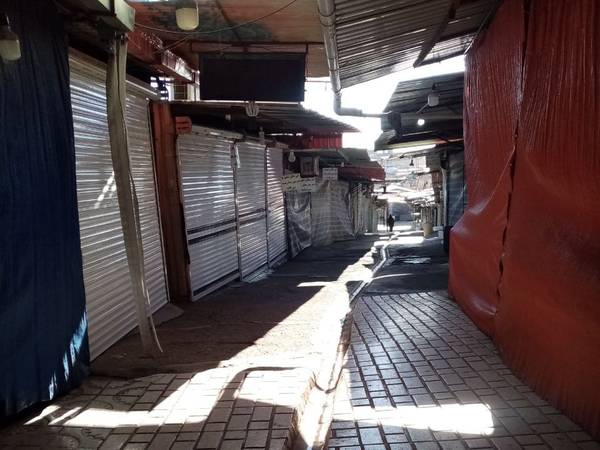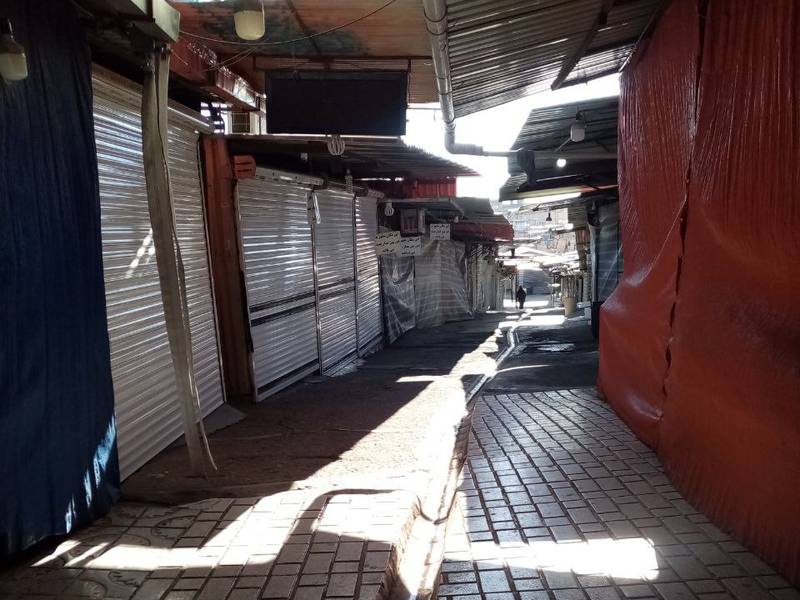Several Kurdish cities in Iran witnessed widespread strikes on Tuesday in protest against the execution of four political prisoners.
Videos circulated on social media or obtained by Iran International depicted shopkeepers in cities such as Marivan, Saqqez, Sanandaj, Mahabad, Dehgolan, Bukan, Divandareh, and others closing their shops and participating in the strike.
Despite numerous protests and calls from human rights organizations, the death sentences of Pejman Fatehi, Mohsen Mazloum, Mohammad Faramarzi, and Vafa Azarbar, four Kurdish political prisoners, were carried out on Monday.
The security forces arrested them in August 2022 in West Azarbaijan province, accusing them of collaborating with Israel.
The execution of the Kurdish prisoners prompted numerous protests and reactions, including widespread strikes by vendors condemning the incident, amid a surge in executions across Iran.
Reports emerged simultaneously about the Islamic Republic's security forces refraining from delivering the bodies of the executed people to their families.
Javana Taimasi, the wife of Mohsen Mazloum, expressed outrage, stating, "They have informed the families that they will bury [them] in an undisclosed location. Shame on your crimes and your bloodthirsty regime! They are even afraid of the bodies of our heroes."
The Islamic Republic had accused the four prisoners of planning to bomb a Defense Ministry factory in Najafabad, Esfahan, with the cooperation of Israel and through the Komala group, but they were arrested a few days before the operation.
Komala has been engaged in guerrilla warfare against the Iranian government, notably during the 1979 Kurdish rebellion and the Iran–Iraq War.
In a recent revelation, UN experts disclosed that at least 834 people were executed in Iran in 2023.
While Kurds in Iran represent around 10% of the population, they are around 50% of the prisoners in Iran’s jails.

